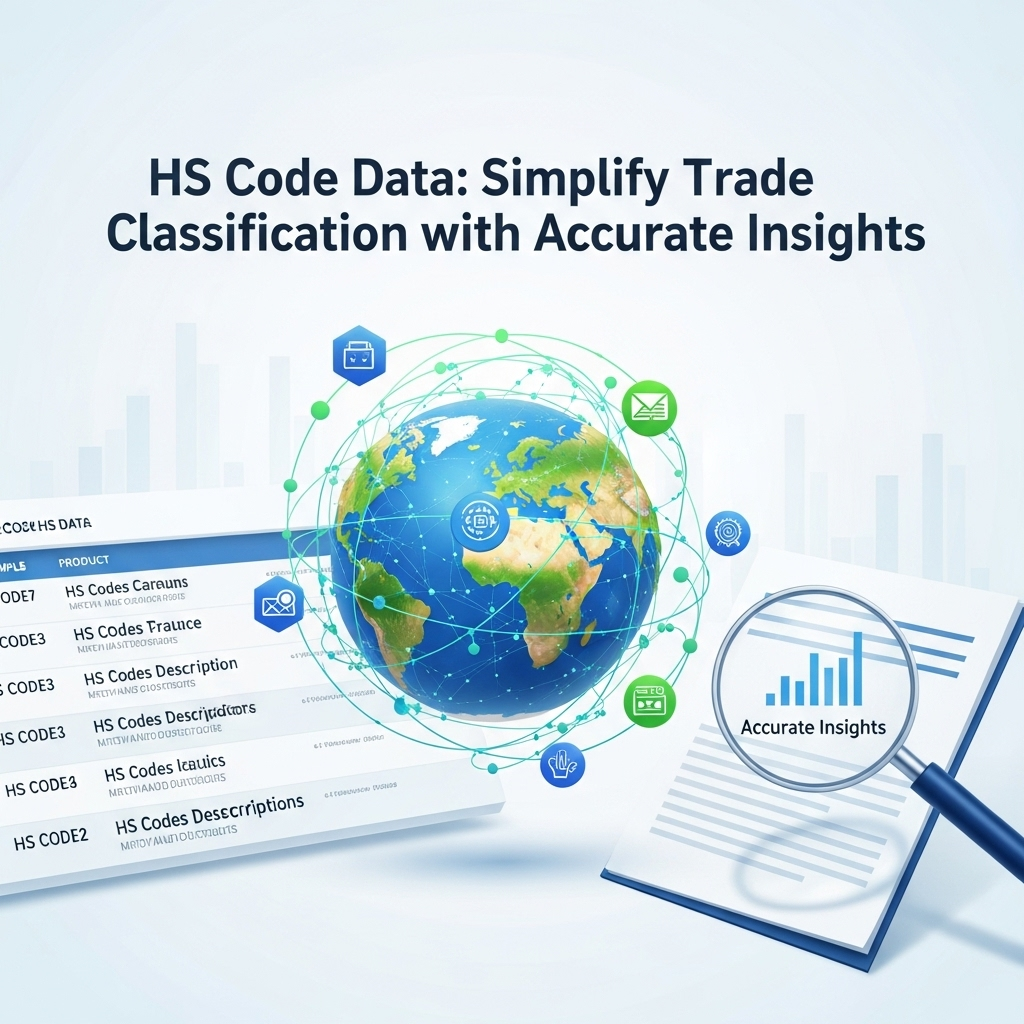HS Code Data: Simplify Trade Classification with Accurate Insights
HS codes serve as the foundation of international trade, enabling businesses to categorize goods efficiently and track global trade activity. Our structured database offers deep, product-specific analysis for effective export-import tracking.
Cypher, a trusted global shipment data provider, delivers a comprehensive HS code database that helps businesses avoid customs delays and calculate accurate tariffs. Access detailed trade records including shipment descriptions and country-wise trade volumes.
Our platform supports industries ranging from chemicals and automobiles to machinery and pharmaceuticals. Need detailed analysis? We also provide international trade data in Excel format to help identify buyers and suppliers by product category.
Streamline your trade operations, reduce compliance risks, and optimize pricing strategies with Cypher’s HS code database—built to help you uncover precise global market intelligence.
